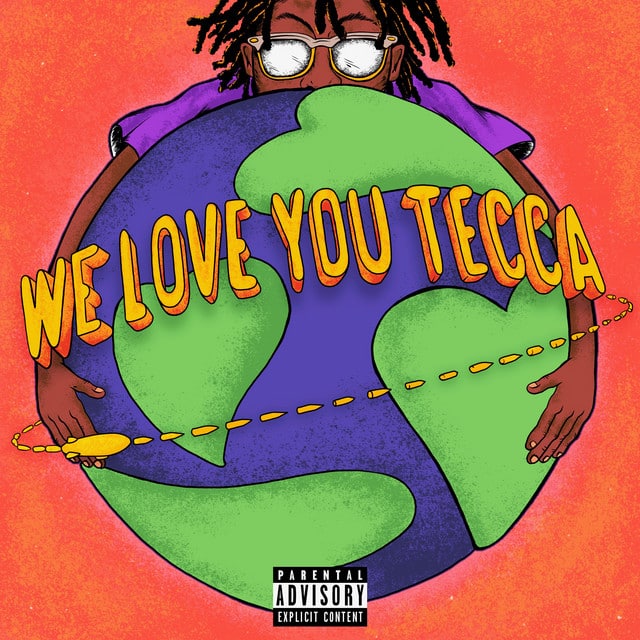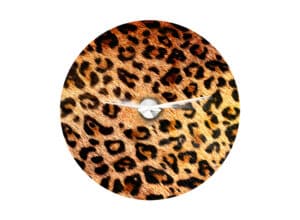Released: 2024
In “Number 2” by Lil Tecca, the artist dives deep into themes of trust, personal success, and navigating relationships in the limelight. He explores the tension between maintaining his integrity and dealing with the complications of fame and affection, particularly when lines between genuine connections and superficial relationships get blurred.
The opening lines “I don’t know if it’s you, I could tell the truth, I’m not in the mood, yeah” set the tone for a track that’s introspective yet guarded. Lil Tecca expresses uncertainty in a relationship, possibly hinting at the struggle to discern genuine affection from that influenced by his fame. The repetition of “yeah” might seem simple but gives a nod to his indifference or weariness towards the situation. The phrase “tell me if it’s real, but that’s nothin’ new, yeah, on God” suggests he’s seeking truth in a world where authenticity is rare, using “on God” as a pledge of honesty in his quest for realness.
Tecca’s declaration, “Now you tryna run the show, tryna be my main, but you number two, yeah, whoa” carries a double meaning. On one level, he addresses someone trying to become a priority in his life without earning the spot. On another, it playfully references the song’s title, “Number 2,” suggesting this person will never be his top priority. The lines “Every time they went and tried or somethin’, it’s a man down, man down, man down” likely refer to the competitive nature of the music industry and personal relationships, where many try to get close to him but ultimately don’t make the cut.
The verses detail his journey and the choices he’s made, emphasizing self-reliance with “Bitch, I be on my own shit, yeah, bitch, I be on my own time”. It speaks to his insistence on navigating his path, even if it means distancing himself from those trying to latch onto his success. When he mentions “Only one life, I got only one reason,” it’s clear Lil Tecca is focused on his music and ambitions, considering them his primary purpose, undistracted by fleeting relationships or the pitfalls of fame.
The hook’s return at the end of the song serves as a reflective moment, restating his stance on relationships and success. The repetition underscores the cyclical nature of the issues he faces, from distrusting intentions to balancing his career and personal life. The closing lines, “They’re ’bout to play my song”, could symbolize both a literal anticipation of his music playing somewhere and a metaphorical nod to his rising success and how he’s next up, echoing the sentiment that regardless of the personal drama, his focus remains on his craft and legacy in the game.







